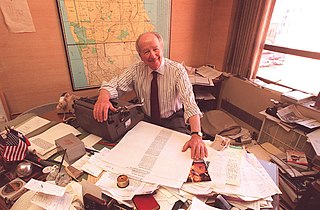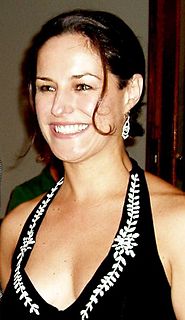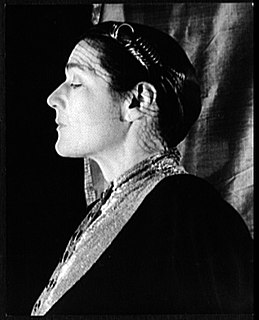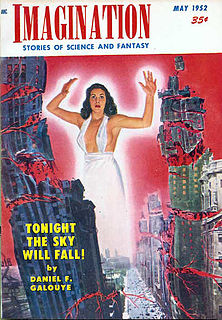A Quote by Kim Edwards
William Trevor is an author I admire; his stories are subtle and powerful, and beautifully written.
Related Quotes
Michael Koryta is that rare author who is at once a compelling story teller and a fantastic writer. From the first sentence of THOSE WHO WISH ME DEAD, you'll be under his spell. His characters are living, breathing people you'll care about; his setting is a place you'll visit and stay-long after you've decided to leave because you're scared. You can't leave; you're trapped. There are too many nerve-jangling, beautifully written, razor sharp moments and you won't want to miss a single one. This is an absolute sizzler.
Crushed to earth and rising again is an author's gymnastic. Once he fails to struggle to his feet and grab his pen, he will contemplate a fact he should never permit himself to face: that in all probability books have been written, are being written, will be written, better than anything he has done, is doing, or will do.
Vividly imagined, beautifully written, at times almost unbearably suspenseful-the stories in Kristiana Kahakauwila's debut collection, This Is Paradise, are boldly inventive in their exploration of the tenuous nature of human relations. These are poignant stories of 'paradise'-Hawai'i-with all that 'paradise' entails of the transience of sensuous beauty.
I have been in schools around the country, and I have written on education for years. Once, I was once doing a profile on Justice William Brennan and I was in his chambers, and Brennan asked, "How do we get the words of the Bill of Rights into the lives of the students?" Well, it is not difficult. You tell them stories.
Perhaps the most remarkable thing I found about the Bible was how flexible it is. Here we have a book written 3,000 years ago, with bizarre stories, peculiar laws, erratic deity, and yet we are able - through argument, selective reading, and desire - to find a powerful framework of laws and moral reasoning that have built a very successful society. So this Bible, for all its oddities and flaws, serves us beautifully after all these years.
The argument for '12 Years a Slave' was that - yes, it's a beautiful film. Beautifully shot, beautifully acted. It's a real story, and these stories should be told. The problem is, if they're the only stories being told, then it makes Americans of African descent - it puts them into that victim category. And that was my problem with the movie.
I think there are shades of political songs; some are more subtle and can be more effective for being subtle, for being more metaphorical. I've written a lot of songs like that, where it's not really clear if it's a war song or a relationship song. The metaphor can be the most powerful thing of all, but sometimes you have to speak more clearly to more people, and I think this is one of those times.
I immediately felt better about killing him. I’ve never known a Trevor who wasn’t a total douchebag. It’s just one of those names that goes so nicely with selfish, arrogant, malicious behavior—and really, what did I know about this guy? Nothing, except that his name was Trevor and he’d been nabbed in the midst of breaking-and-entering. That was plenty.
It has been suggested that Tiptree is female, a theory that I find absurd, for there is to me something ineluctably masculine about Tiptree’s writing. I don’t think the novels of Jane Austen could have been written by a man nor the stories of Ernest Hemingway by a woman, and in the same way I believe the author of the James Tiptree stories is male.
Walden - all his books, indeed - are packed with subtle, conflicting, and very fruitful discoveries. They are not written to prove something in the end. They are written as the Indians turn down twigs to mark their path through the forest. He cuts his way through life as if no one had ever taken that road before, leaving these signs for those who come after, should they care to see which way he went.


































